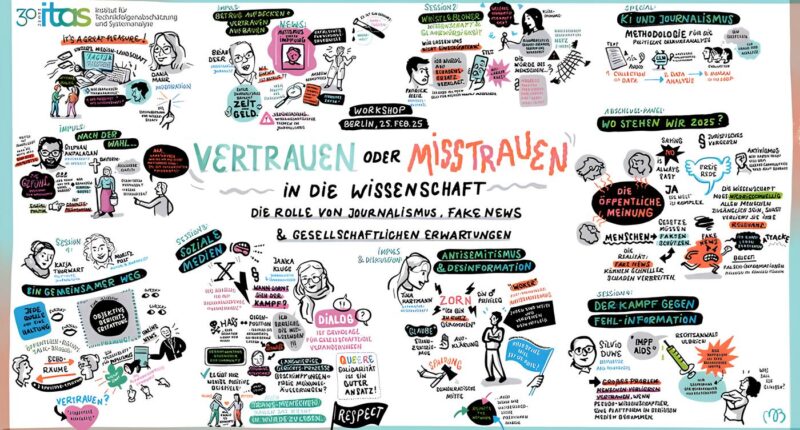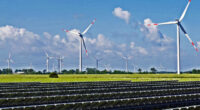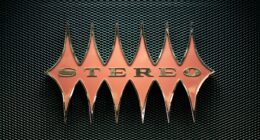Science reporters across three European nations view their role as actively building public confidence in research, challenging traditional notions of journalistic neutrality, according to new research.
A study examining media professionals in Germany, Italy, and Lithuania reveals that journalists consider themselves “knowledge brokers” who negotiate constantly with audiences about scientific credibility. The research, conducted by the Institute for Technology Assessment and Systems Analysis at Karlsruhe Institute of Technology, involved 87 participants predominantly working in science communication.
“According to the journalists involved in our study, trust in science is not collapsing,” explained Nora Weinberger, a researcher at ITAS who contributed to the focus-group analysis. The findings contradict widespread assumptions about declining scientific authority.
The research demonstrates that public confidence varies significantly based on political, social and media contexts rather than following uniform decline patterns. German participants described relatively stable journalism infrastructure with dedicated science desks and established fact-checking procedures. Italian journalists reported more precarious working conditions, with fewer specialised positions and lower compensation. Lithuania’s post-communist media landscape features limited science coverage typically handled by generalist reporters.
Digital platforms increasingly determine print editorial decisions, participants noted. Stories failing to generate online engagement disappear from subsequent print discussions, restricting coverage of crucial topics like climate change. “The journalists in our focus groups expressed the idea that basically you cannot do journalism on climate change because the public is overladen with information,” said Dana Mahr, the study’s lead author.
This dynamic creates opportunities for unsubstantiated information to fill coverage gaps, particularly when evidence-based reporting struggles to attract audiences.
Participants emphasised requiring broader institutional support structures including stable funding, investigative resources, and collaboration networks to maintain quality reporting standards. They advocate developing interactive formats such as podcasts and community engagement rather than traditional one-way communication approaches.
The journalists explicitly acknowledged assuming responsibility for building scientific trust beyond their formal information-sharing mandate. “What I found really interesting was that they see their role as trust brokers—not only translating complex research, but also building trust,” Weinberger observed.
This represents a significant professional evolution toward active mediation and dialogue with audiences, potentially pushing journalism toward advocacy territory.











